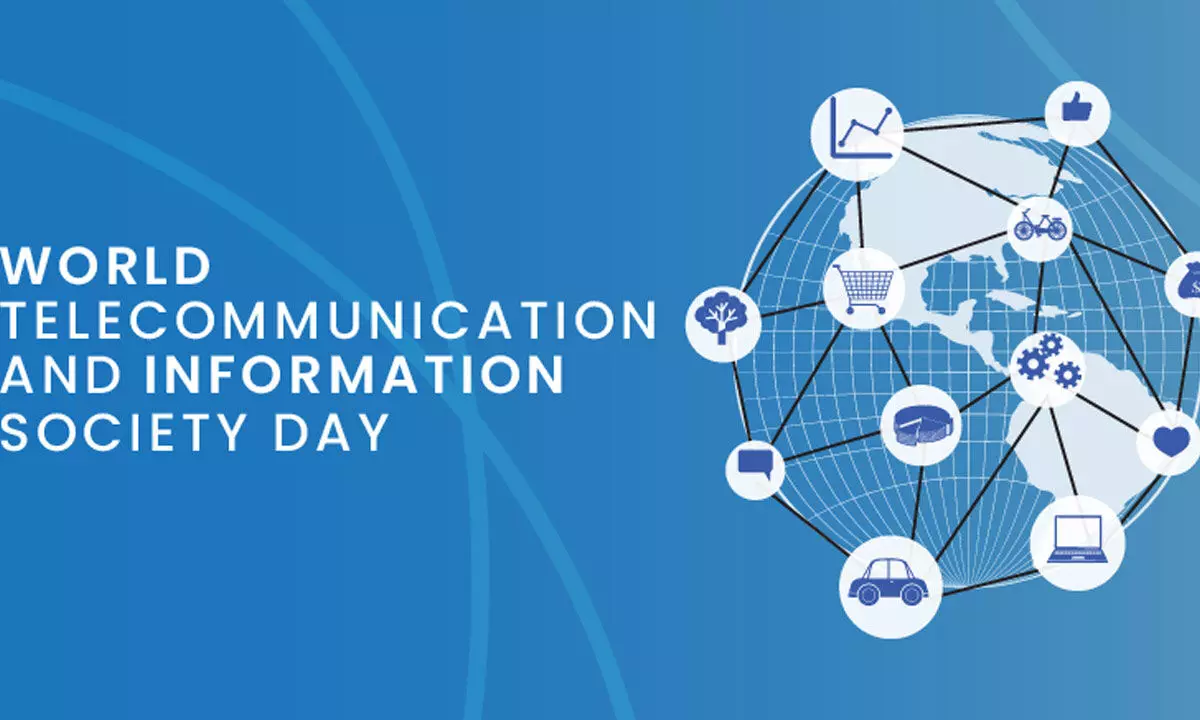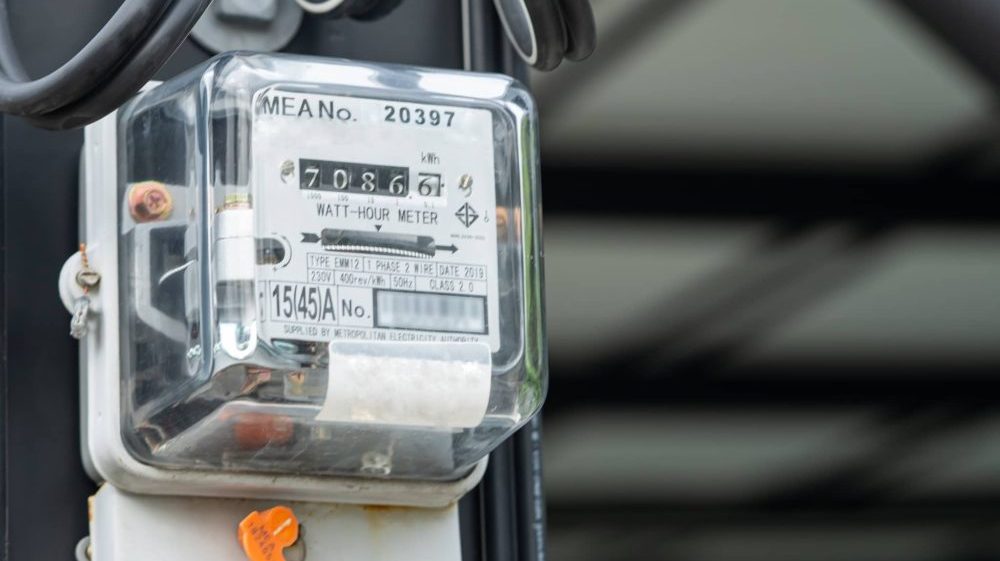Each year on 17 May, The International Telecommunication Union (ITU) which is the United Nations specialized agency for information and communication technologies dedicates World Telecommunication and Information Society Day (WTISD) to a specific topic. This year the spotlight is on “digital innovation” to shape a more inclusive and sustainable future. Digital innovation is a key driving force behind economic progress and global development. In today’s rapidly evolving digital landscape, innovation has become synonymous with opportunities for growth and solutions to pressing societal challenges. As the Pakistan Telecommunication Authority (PTA) joins the global community in celebrating the ITU’s World Telecommunication and Information Society Day (WTISD) 2024 under the theme “Digital Innovation for Sustainable Development,” a pressing issue demands attention: electronic waste, or e-waste, generated by the ever-evolving telecommunication sector. Enhancing E-Waste Management Regulations for Sustainable Development is also a top agenda for the South Asian Telecommunication Regulators’ Council (SATRC). SATRC is an initiative of the Asia-Pacific Telecommunity (APT) and the ITU Regional Office for Asia and the Pacific.
READ MORE: Collaborative Investment Opportunities in ICT to Boost Pakistan’s Economy
In today’s rapidly evolving digital landscape, the telecommunication sector plays a pivotal role in driving connectivity and innovation. However, with the rapid proliferation of electronic devices and technologies, the volume of e-waste generated has also surged. This poses significant environmental and health risks if not managed effectively. E-waste comprises discarded electronic devices such as smartphones, tablets, routers, and networking equipment, among others. These devices often contain hazardous materials like lead, mercury, and cadmium, which can leach into the soil and water if improperly disposed of, posing serious health hazards to humans and wildlife. However, the theme of WTISD 2024 offers a glimmer of hope. Digital innovation can be harnessed to drive sustainable development, presenting Pakistan with an opportunity to tackle the e-waste challenge. Recognizing the importance of addressing this issue, PTA is taking proactive steps to develop comprehensive guidelines for e-waste management in the telecommunication sector. These guidelines aim to promote responsible disposal and recycling practices to minimize environmental impact and foster a circular economy. In formulating these guidelines, PTA has studied various international e-waste rules, regulations, and guidelines, which are globally regarded as benchmarks. The guidelines will provide precise instructions and recommendations for Information and Communications Technology (ICT) companies to effectively handle, dispose of, and recycle electronic waste. By embracing innovation and collaboration, Pakistan can transform the e-waste challenge into an opportunity. A robust e-waste management system can not only protect the environment by reducing pollution and conserving resources but also create green jobs through a new recycling industry. Furthermore, it fosters a circular economy, keeping valuable materials in use and minimizing waste.
By addressing the e-waste challenge head-on in the telecommunication sector, Pakistan can pave the way for a cleaner, healthier future where digital innovation thrives. This leadership in sustainable practices aligns perfectly with the goals of World Telecommunication and Information Society Day (WTISD) 2024. Celebrating WTISD presents a valuable opportunity for Pakistan to showcase its commitment to responsible ICT development, safeguarding the environment and public health while contributing to UN Sustainable Development Goals. Let’s join hands and build a future where Pakistan remains a leader in connecting its citizens and empowering the nation through sustainable ICTs. PTA is steadfastly pursuing the government’s goal of uplifting all segments of society through modern-day Information & Communication Technologies (ICTs).



